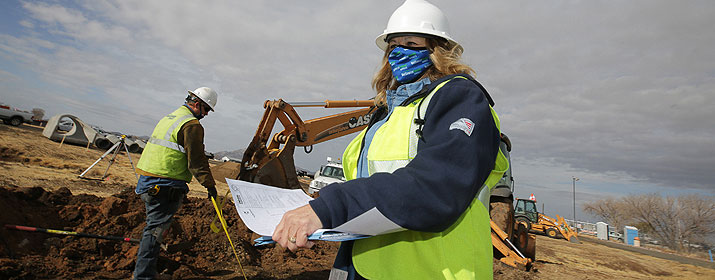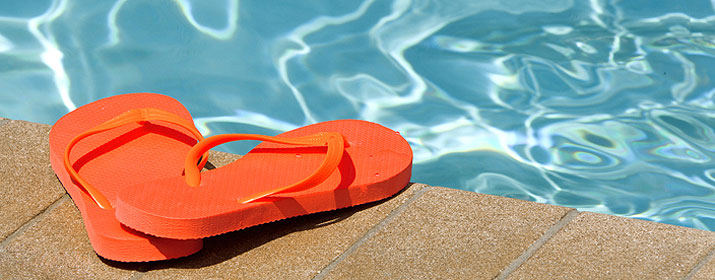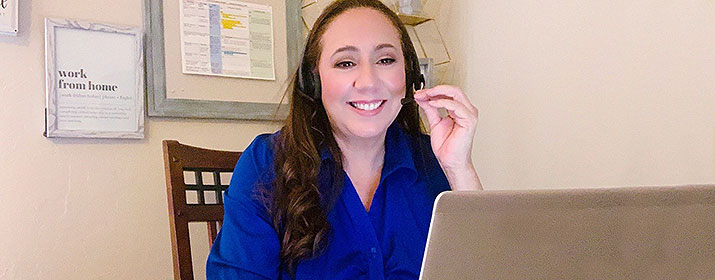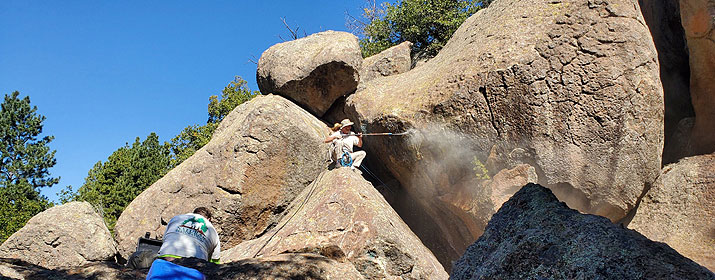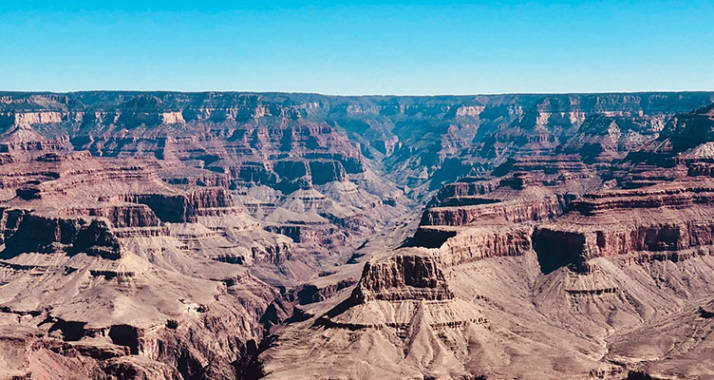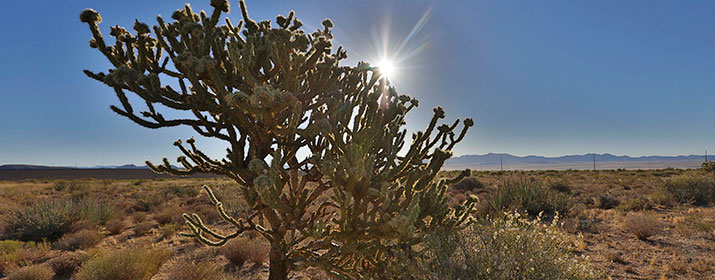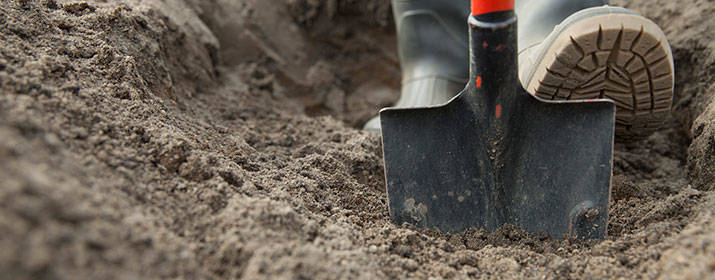
Cliff Balderas, a UniSource line locator in the Flagstaff area for 36 years, has been around long enough to tell war stories of some of the big problems that can happen when folks don’t call 811 before they dig.
There was the time in the late-1990s, for example, when an excavator put Thanksgiving in peril for the Sedona community by digging right through a high-pressure gas line. After local utility crews repaired the damage, gas workers from across the state volunteered to help them relight the community in time for turkey and leftovers.
Then there was the time when a contractor cut into a utility line and shut down a major state highway, summoning first responders and inconveniencing nearby residents.
There are plenty of other stories that unfold every day on a smaller scale, but are still costly and disruptive.
“It’s real easy to hit something underground, whether that’s gas, water, cable or other lines,” Balderas said. “I hear it frequently: ‘I was only digging a foot down. I didn’t think I needed to call.’”
Arizona law requires anyone who plans to dig for any reason to contact Arizona 811 at least two full working days in advance to have all of the underground utilities in the area located and marked. That’s true if you’re putting in a fence post, replacing a mailbox, adding a tree or even staking a home for sale sign in your yard.
As a locator – one who was recognized with an award for his efforts as a damage prevention ambassador – Balderas knows how tricky finding underground lines can be. It’s high-stakes mapping work that requires no small amount of sleuthing and investigative work, looking for clues in gas valve covers, manhole covers, water valves and communications pedestals.
Service lines on private property for fiber optics and communications are the most shallow utilities underground. While other utilities should be installed at deeper levels, previous property owners might not have dug deeply enough or might have removed topsoil. “We don’t know what has taken place on that property and neither does the homeowner,” he said.
At best, the accident could cause a disruption in service. “We’re all dependent on our internet service, or being able to turn on the faucet or heat our homes, so at a minimum, it would be inconvenient. At worst, depending on the line they hit, it could be dangerous for those around them and even the first responders or employees coming to the scene. That’s a heavy weight to have to live with.” Digging without getting clearance also carries a fine of up to $5,000 per violation.
The answer: Call 811 first.
It’s free. It’s easy. And you’ll get an answer within two days.
As for Balderas, he will continue his work locating lines, doing community presentations and sharing handbooks with homeowners or professional excavators when he sees an opportunity to head off an accident. “I love the noble cause of damage prevention. The homeowners I talk to are almost universally grateful to know about the steps they need to take. I get to do what I love to do, so while I’ve been doing this for 36 years, to me, it’s not work.”

